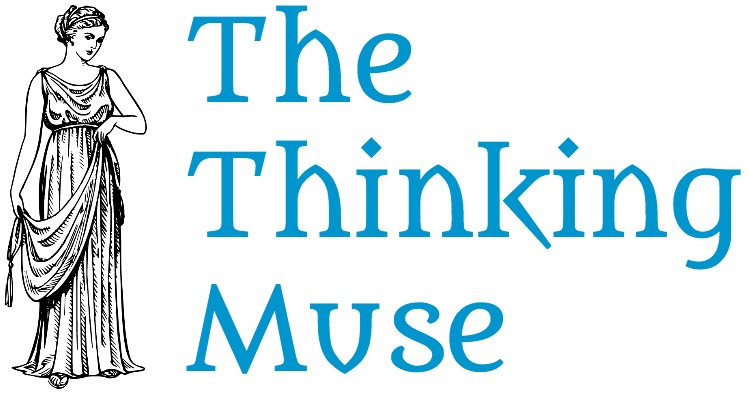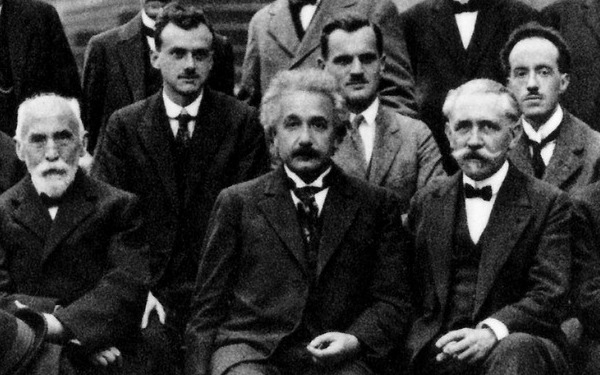The wonder of Einstein’s mind didn’t stop at science

I have always had a hypothesis that we are all given a set number of “gifts.”
Some are born with great creative talent that others could never dream of matching. Others are skilled with insightful mathematical aptitude. Others still with charisma and grace. In the end, it all works out because everyone has their special gifts as well as their shortcomings.
According to my hypothesis, because the number of gifts is fixed if you were unusually strong in one area you will fall short in most other areas. The notion of a crazy professor aligns perfectly with this theory. Greatly gifted in the sciences, but can’t quite get the whole matching socks and combed hair concept down.
Seemingly, Einstein fits completely in this scenario. Consider the stories of him being a late talker and doing poorly in school as a child, which is false by the way. However, upon closer inspection he doesn’t fit the theory at all. It turns out that in addition to being one of the greatest scientific minds in history, he had a number of other exemplary traits.
There goes my hypotheses. He just shattered it. I guess he is also known for that, shattering current beliefs.
(See Related: Do you really know what E=mc² means?)
So, you ask, what else was Einstein’s mind attributed with? Let’s take a look at the less-well-known admirable qualities of Albert Einstein.
Musical talent
Einstein’s mind was musical. As a child he learned both the piano and the violin from his mother, who was also a musician.
He was opinionated about composers. He preferred more conservative composers. It was when he discovered Mozart in his early teens that he developed his passion. He felt the music was in harmony with the universe. Conversely, he didn’t care for Wagner or Debussy.
As an adult, he became quite proficient at the violin with listeners appreciating his passionate and sincere playing. He was known to use his playing as inspiration for his thoughts and theories.
He played the violin throughout his entire life and credits most of the joy in his life to his beloved violin which he nicknamed Lina.
Peace advocate
Initially, Einstein wrote to Roosevelt discussing the danger of Germans developing an atomic bomb. He discussed and encouraged the American President to develop it first. He later said he regretted those communications.
The bombing of Hiroshima changed his philosophies on the matter of weapons.
To kill in war time, it seems to me, is in no ways better than common murder. -Albert Einstein
He wrote an article for The Atlantic Monthly discussing that the use of weapons should only be used as deterrents to conflict. He eventually advocated for nuclear disarmament and controls on weapons testing.
Civil Rights advocate
He learned about discrimination from first-hand experience. He became an outspoken civil rights activist. As a jewish man during WWII, he saw the ugliness of anti-semitism. After coming to America, he witnessed segregation and referred to the racist behavior as America’s “worst disease.”
He spoke and wrote publicly about his support for the NAACP. He also offered to appear as a character witness for W.E.B. Du Bois, the founder of the NAACP, which eventually led to the judge dropping an unfounded case against him.
Dying with dignity
At the end of his life, Einstein suffered from an abdominal aortic aneurysm. When at the hospital, he refused surgery. In Einstein’s mind it was tasteless to prolong life artificially and wanted to die elegantly.
He claimed he had done his share and it was time to go. I’ld definitely say that he did more than share for humanity.
Extraordinarily gifted
Well, it appears that Einstein was exceptionally scientifically smart, but was wise in other significant matters of humanity. Not only was he wise, but he used his fame as a platform to advocate for important matters despite not enjoying the limelight. He was brave and selfless.
Einstein’s mind was truly supernatural. This world can use more brilliant people like this.
(See Related: Discover the Possibilities)
(See Related: Mikhail Baryshnikov: Wisdom from the master of turns)
(See Related: 7 ways Walt Disney was just like everyone else and 3 ways he wasn’t)
It is humbling to consider my own accomplishments when looking at people who contribute so greatly to the knowledge of mankind. I just need to focus on being the best cog that I can in the machine of this world. Using my particular skills and talents and looking to the great minds as my inspiration. We can all do our share.
If you like what you read, let me a note or follow me on Twitter. Until the next time, be inspired by how great the gifts of humans can be.
Resources
6 Ways Albert Einstein Fought for Civil Rights from Live Science
9 Things You May Not Know About Albert Einstein from History
Albert Einstein Biography from biography.com
Biographical information from enstein.biz
Six Interesting Musical Facts About Albert Einstein from cmuse.org
The amazing life of Albert Einstein, an underestimated genius whose childhood nickname was ‘the dopey one’ from Business Insider
The Musical Mind of Albert Einstein: Great Physicist, Amateur Violinist and Devotee of Mozart from Open Culture






